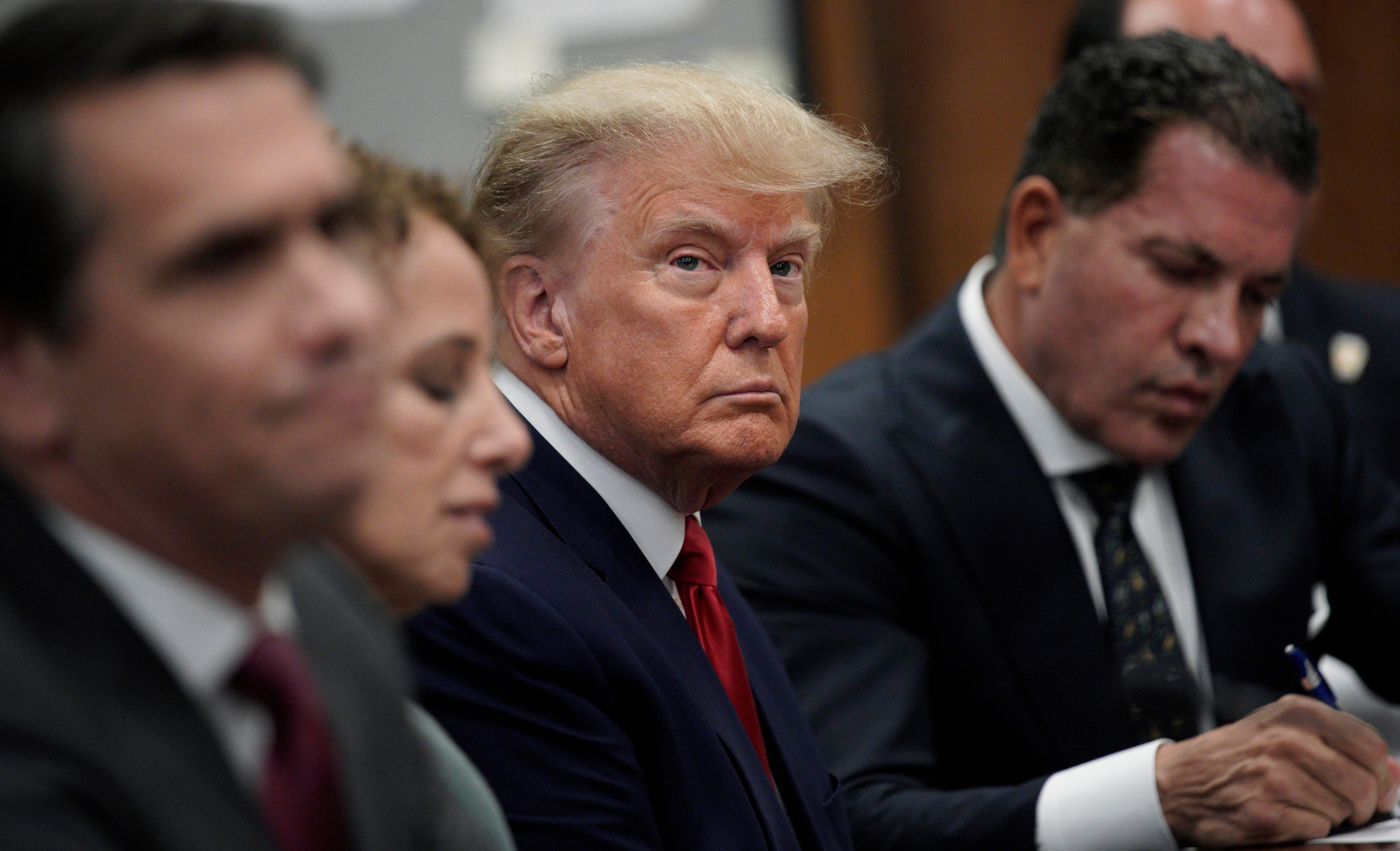Search results
People also ask
What does a judge do?
When should a judge be called a court judge?
What is a judge's role in proper procedure?
What types of courts do judges serve in?
Jul 27, 2019 · A judge is an appointed or elected magistrate who presides over court proceedings. Judges rule on questions of law, act as a referee between the litigating parties, and render decisions in legal disputes.
- Sally Kane
A judge is a person who presides over court proceedings, either alone or as a part of a panel of judges.
Dec 6, 2018 · Judges oversee legal proceedings in local, state, and federal courts to make sure they adhere to the law. This entails spending time reading and researching laws and earlier court decisions relevant to the case at hand. They also study current laws to stay up-to-date.
- Law
- Licensure in state of practice
- Juris Doctor (J.D.) or Professional Degree
What does a judge do? Maybe it's best to start with what he or she doesn't do. Even though he or she works for the state, a judge is not a law enforcement officer. A judge is not a prosecutor. Judges don't arrest people or try to prove them guilty.
News about Donald Trump, judge, hush money case
News about Washington, Mark McCloskey, Virginia
News about America's Got Talent, Chrisyius Whitehead, drumming
Also in the news
A judge is an appointed or elected official who decides legal disputes in court. Judges are required to be impartial and unbiased in their decision making. It is important to note that the specific roles and powers of judges may vary across different jurisdictions.
Apr 16, 2024 · This article first describes a judge's general roles and duties in a trial. It then describes the differences between a bench and a jury trial. Specifically, it explains how the judge's role differs between the different types of court proceedings. It also briefly describes judges' roles on appeal.





